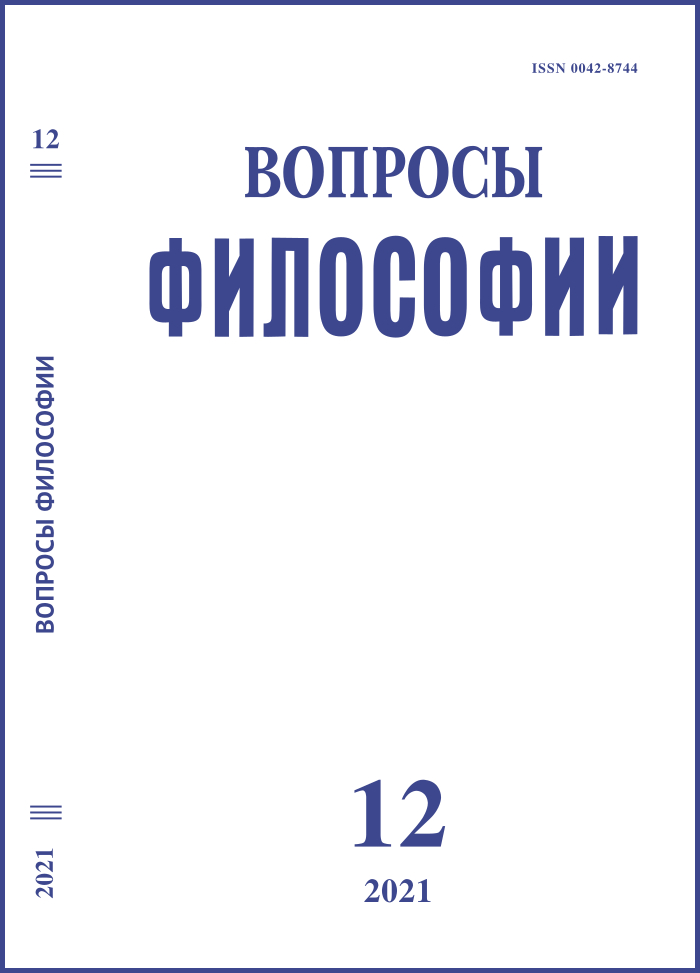National Policy as a Factor in the Creation and Disintegration of the USSR
DOI:
https://doi.org/10.21146/0042-8744-2021-12-101-111Keywords:
bourgeois revolution, civic identity, internationalism, modernization, national politics, nation, nationality, ethnicity, ethno-federalism.Abstract
National policy played a non-trivial and controversial role in the establishment, formation, development and collapse of the Soviet state. Nations were for the bolsheviks a bourgeois vestige that was dying away with the construction of a socialist society. However, having seized power in a peasant country, they were forced to build a new state, counting on the entry of various peoples into it. A result was the ethno-federalist design of the USSR under the de facto centralism of the leadership of the Communist Party by complex balances and compromises. This society underwent a complex evolution, during which the country was drawn into modernization, which changed the social structure of society with a new system of demands and interests of the elites, which led to a relatively painless collapse of the USSR. Contemporary Russia is a society, on the one hand, with the dominance of the urban population, the way of life of an information society of mass consumption and the demand for civic identity as the basis for the consolidation of society is being formed in the country. On the other hand, the primordialist (ethno-cultural) nation understanding dominates in legal acts, journalism, public opinion. The problem solution presupposes a constructive public dialogue.

